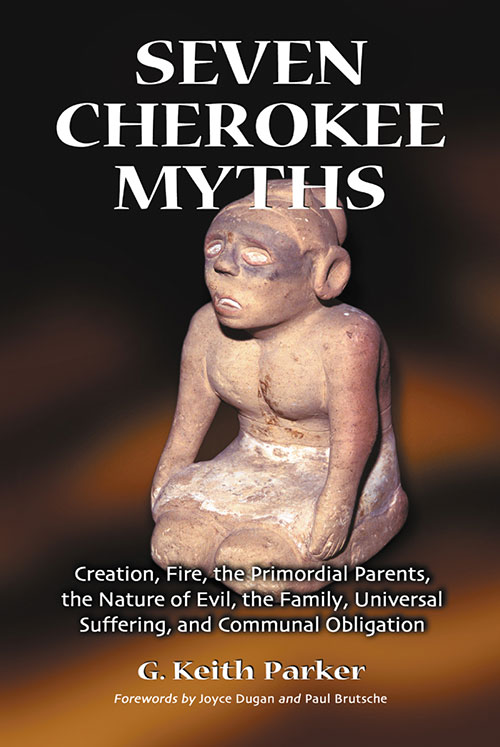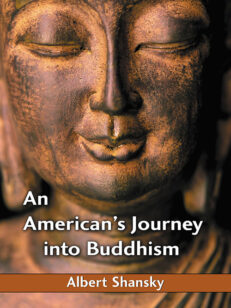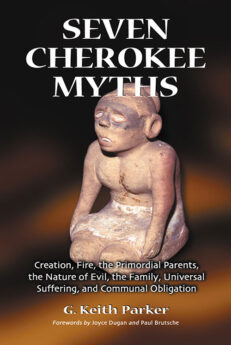Seven Cherokee Myths
Creation, Fire, the Primordial Parents, the Nature of Evil, the Family, Universal Suffering, and Communal Obligation$29.95
6 in stock
About the Book
Like ancient peoples the world over, the Cherokees of the southern Appalachian Mountains passed along their traditions and beliefs through stories, songs, dances, and religious and healing rituals. With the creation of Cherokee writing by Sequoyah, some of the traditions were also recorded in books. While evoking local geography and natural phenomena, the stories were also enhanced by powerful psychological and spiritual dynamics. This work examines seven myths that grew out of Cherokee culture, looking at how they emerged to explain archetypal issues. Each of the seven stories is told in full and is followed by a detailed history and analysis that provides its background, its associated rituals, and its psychological basis. One quickly discovers that while the myths are ancient, they are strikingly modern in their understanding of human personality development, family dynamics, community solidarity, and the reality of religion or spirituality. Grounded in the experience of this American Indian people and the land they inhabited, the myths tell universal truths.
About the Author(s)
Bibliographic Details
G. Keith Parker
Foreword by Joyce Dugan and Paul Brutsche
Format: softcover (6 x 9)
Pages: 216
Bibliographic Info: photos, maps, appendices, notes, bibliography, index
Copyright Date: 2006
pISBN: 978-0-7864-2364-4
eISBN: 978-1-4766-0402-2
Imprint: McFarland
Table of Contents
Acknowledgments vii
Foreword by Paul Brutsche 1
Foreword by Joyce Conseen Dugan 3
Preface 5
Introduction 11
Maps: Cherokee Country; Cherokee Myth Locations 31
1. The Cherokee Creation Story 33
2. The First Fire 48
3. Kana’ti and Selu: The Origin of Game and Corn 58
4. U’tlun’ta, the Spear-finger, and Nun’yunu’wi, the Stone Man 87
5. Tsul’Kalu’, or Judaculla, the Slant-Eyed Giant 108
6. Kana’sta, or Connestee, the Lost Settlement 141
7. Tsuwe’nahi: A Legend of Pilot Knob 160
Conclusion 177
Appendix A: Summary Notes on Dr. C.G. Jung and Analytical Psychology 183
Appendix B: Wahnenauhi Version of Kana’ti and Selu 186
Appendix C: The Hunter and Selu 188
Appendix D: Judaculla’s Judgment Seat Citation Giving the Popular Name of “Devil’s Courthouse” 189
Appendix E. “A Small Postscript of the ways and maners of the Indians called Charikees” by Alexander Long 191
Chapter Notes 195
Selected Bibliography 201
Index 205
Praise for the Book
“what a remarkable and innovative book this is!”—Appalachian Heritage.









